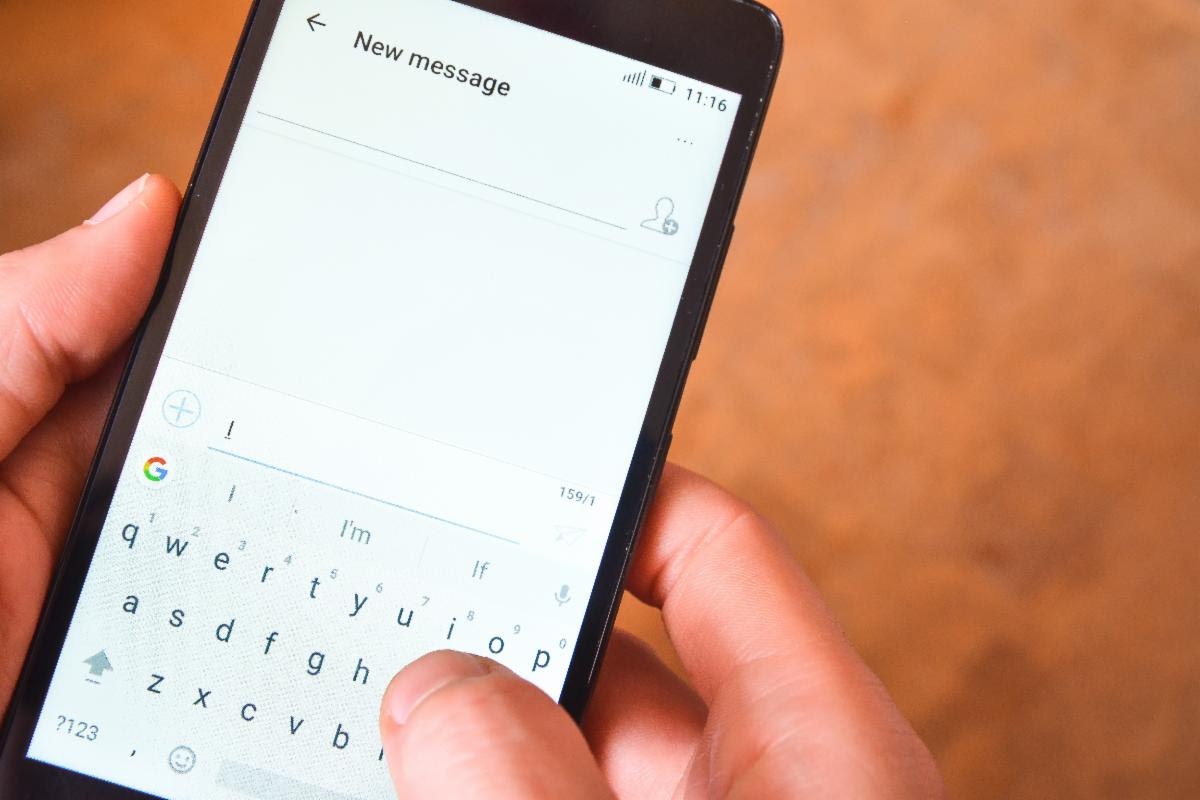Did you know that your failure to retain all relevant materials after litigation is “reasonably anticipated” could result in you being fined or sanctioned by the court? You could even lose the case as a result of your failure to preserve evidence.
How do you know when “litigation is reasonably anticipated?” While there are some grey areas, the filing of a complaint unquestionably triggers the duty to preserve, as does the receipt of a “preservation” or “litigation-hold” notice or letter from the opposition.
Some courts have held that the sending or receipt of a demand letter requires that materials be preserved. Even the occurrence of an event (such as a car accident, an on-the-job injury, or a data breach) could trigger the need for a litigation hold.
To be prudent, any time you’re involved in a dispute, you should retain everything you believe might be relevant to that dispute. This includes all documents, contracts, emails, voicemail messages, bills, photographs, videos, text messages, instant messages (IMs), and the like.
If the dispute relates to you as an individual, it’s usually fairly simple to keep the relevant materials, but if your dispute involves your business, there are numerous steps that must be taken.
First, you need to issue a written litigation-hold notice, which should be sent to all personnel who might have relevant records, including IT personnel.
This litigation-hold notice should advise employees to preserve all relevant materials. It should also provide information that will help employees comply, such as the nature of the dispute and the relevant date range. You must then make sure that all personnel are, in fact, implementing the hold.
One potentially problematic issue, addressed in a recent case, is related to employees using their private phones for work purposes.
The wrongful termination case involved a manager, Carlos Miramontes, who was laid off via a Zoom call. In that conversation, Miramontes’ supervisor twice brought up Miramontes’ age for no apparent reason, stating that the manager’s employment was not being terminated because of his age.
While the employer, Peraton, Inc., claimed that Miramontes was laid off as part of a company-wide reduction in force due to budgetary constraints, Miramontes sued, arguing that the lay-offs were a pretext intended to allow Peraton to get away with illegally terminating employees based on their races and ages.
Miramontes sent Peraton a preservation letter. Peraton then advised its personnel, including Miramontes’ former supervisor, Victor Stemberger, to preserve emails relating to Miramontes’ claims, but didn’t mention text messages.
It later came out that Stemberger had texted his own supervisor about Miramontes, using his personal cell phone, but had deleted those messages, even though he had already been notified of the litigation hold.
To the court, Peraton argued that it had no duty to preserve the text messages because they were on Stemberger’s personal cell phone. The court disagreed, pointing out that “many, if not most, employees use cell phones for work,” and that those cell phones are often not issued by employers but are instead the employees’ own personal phones.
“Under Peraton’s view,” noted the Court, “a company could effectively shield a significant amount of its employees’ business communications from discovery simply by allowing its employees to conduct business on their personal phones.”
The Court then held that electronically stored information on employees’ personal devices may be “under the control” of their employers in certain circumstances.
In this particular case, the Court found that the text messages on Stemberger’s phone were under Peraton’s control because Peraton didn’t issue company cell phones and its employees regularly conducted business on their personal cell phones.
The Court went on to hold that Peraton not only had a duty to preserve the text messages, but that it was liable for their intentional destruction since it had not specifically instructed its employees to preserve text messages after it received the litigation-hold letter.
When you issue a litigation hold, remember that, at least with respect to materials relevant to the dispute, destruction pursuant to your business’s document retention policy must be suspended.
For example, if the policy provides that emails will be automatically erased after 30 days and hard copy files will be shredded after a year, you’ll have to make arrangements to stop the automatic erasure of emails as well as the document shredding.
Whether the dispute relates to you as an individual or to your business, you should also be sure to notify any third parties that might have relevant material, such as your accountant, to retain items relating to the dispute.
Please feel free to contact us if you have any questions about litigation holds or if you need help creating a document retention policy for your business.






